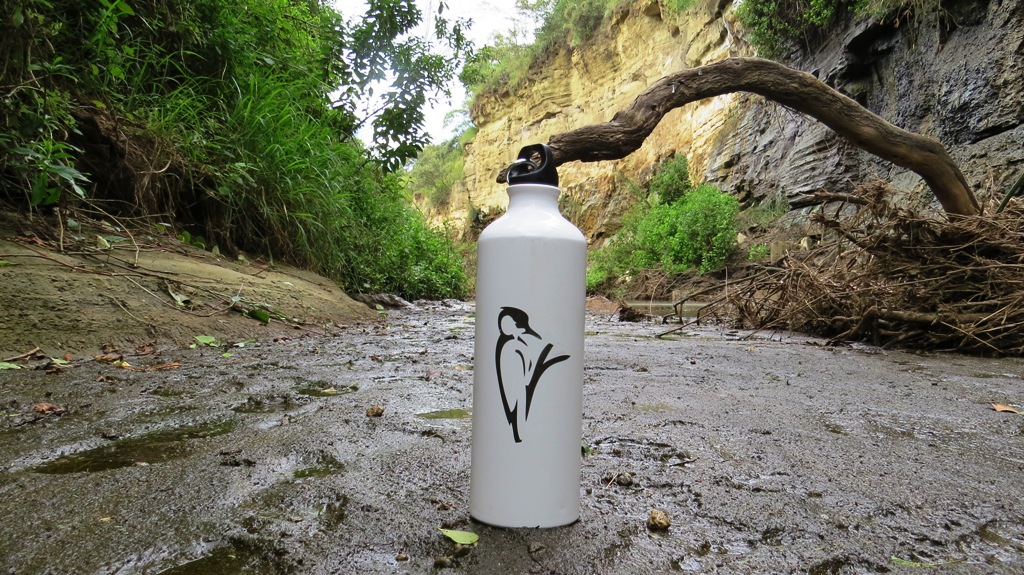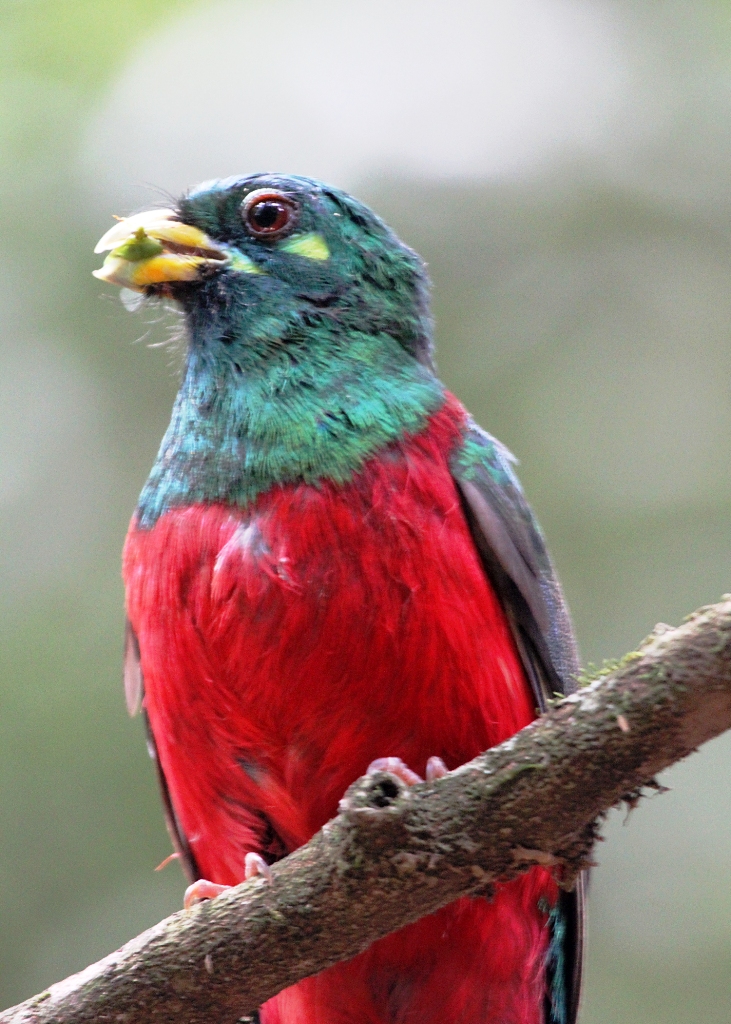- Home
- Our Story
- Safaris & Excursions
- Guides
- Gallery
- News
- Contact Us
Arranging a birding tour to a foreign country can have a lot of unknown variables. This guide to frequently asked queries will help with the procedure. Kindly get back to us if you need further explanation or if your concern is not addressed here.
A passport and a visa are required. Visas should be obtained in advance, check the process in the link Evidence of yellow fever immunization may be requested. Travelers may obtain the latest information on visas as well as any additional details regarding entry requirements from any Kenyan Embassy in their country. Personal effects, including cameras, binoculars, and film are allowed into the country duty-free.
Immunization against typhoid is highly recommended in East Africa ( Kenya, Tanzania, Rwanda, and Uganda). A yellow fever vaccination certificate is required from travelers over one year of age. For such visitors the vaccine is mandatory. Travelers arriving from non-endemic zones should note that vaccination is strongly recommended for travel outside the urban areas, even if an outbreak of the disease has not been reported. A cholera vaccination certificate is not mandatory for entry to Kenya. Malaria risk exists all over the country. It is advisable to take anti-malaria tabs before traveling to Kenya and especially the coast or western Kenya. Nairobi is relatively safer when it comes to malaria attacks.

Bottled water is available and the only guaranteed safe drinking water. Make sure your food and drinking water are safe. Make sure you swim in swimming pools whose water has been treated.
Diseases carried by insects can be prevented by protecting yourself against insect bites. Carry insect repellants to apply on your body before going out and especially at night. Take a kit of sterilized syringe needles for any possible injections needed, as well as drip needles for emergencies. If you are on medication, carry all the medicine you require as you may have a problem getting some of the medicines here.
You could also carry a pack of painkillers, first aid kit, and creams for insect bites, etc. There are good medical facilities in major towns in Kenya.
Kenya banned single-use plastics in 2017, so leave any carrier bags (and preferably single-use plastic water bottles and straws) at home. The bag ban is countrywide – luggage is often scanned, so don’t pack shoes or other items in plastic bags. Single-use plastic bottles and straws are banned in national parks – bring a reusable water bottle from home

Kenya is a big country with an astonishing diversity of biogeographic regions within its borders. Each region hosts its own suite of specialty birds often containing multiple species that aren’t readily found elsewhere in the country. Reflect on your birding objectives, how much you want to travel, and your budget. If the sky’s the limit, perhaps a tour that takes you beyond Kenya to Uganda and Tanzania
The best time to travel to Kenya for a safari is during the dry season from the month of June to October (the best wildlife-viewing months). The wildebeest migration usually reaches the Maasai Mara National Reserve a July and stays till October when they move back to the Serengeti National Park in Tanzania. Wildlife viewing is excellent all year long, but this can vary for some parks and reserves.
At the moment Kenya doesn’t have a national bird, but talks are in the advanced stages of accepting the Narina Trogon as Kenya’s National Bird, because of the combination of its many colors which represent the country’s flag

There are many rewarding and productive places for birding within Nairobi to choose from. Nairobi National Park has been the favorite for many due to the high numbers of birds recorded plus you can see four of the Big Five mammals
Birdwatching in Kenya is productive throughout the year, but the best months are September to April, In the months of November to December most of the birds are breeding, and some of the birds such as the elegant Widowbirds will be displaying. During this time the migrant birds will be present too. Kenya’s avifauna is large, diverse, and spectacular, reflecting the country’s impressive range of habitats and evolutionary history
For wildlife lovers, the wildebeest migration is routinely in the Maasai Mara National Reserve from late July until early November, with other wildlife being excellent yearly in Kenya. Low-season travel (March to June) is also a good time to visit Kenya, with fewer tourists in the parks and much better rates on offer for a less expensive trip
This depends on when you come, where you go, and your objectives. You can explore on eBird all the hotspots you intend to visit for the bird list submitted in a certain duration
Our personal favorites are birder-focused lodges/ hotels which are good to excellent, all having private, en-suite bathrooms, and full-time hot water. Food is commonly aplenty. Breakfasts offer a good choice, with tea, coffee, juice, fruits, pancakes, the egg of your choice, and other things depending on location. Lunches are taken at hotels or somewhere in the bush depending on the day’s plan. Evening meals are at the accommodation with a full dinner. Vegetarian and other diets are always available
Pack anything you carry out on a regular basis while birding – binoculars, camera, and appropriate outerwear (including sunscreen, insect spray, and Sombrero hat). Carry at least one layer of each of the clothes for warm, cold, and wet conditions. We recommend sticking with long pants, long sleeves, and closed-toed shoes when in the field. If you have a spotting scope you prefer to use bring it along if the birding tour is comprehensive
Kenya’s climate and weather vary dramatically by region and across elevations. On average, the lower you go, the hotter and drier it is, the higher you go the cooler and wetter it is. Temperatures in low-elevation valleys are generally mild, while mountainous areas are cooler. Advisable to always check the weather conditions where you will visit. Accuweather and Weather Underground are the best resources
Guided birding tours in Kenya are absolutely brilliant and great fun, our professional bird guides are smashing knowledgeable, and good at identifying birds. You are assured of seeing more difficult birds on a guided tour. Birding and wildlife viewing in particular for enthusiastic acquainted with unguided adventures, finding birds and wildlife on your own, in new areas, presents the main challenge. We recommend having an experienced guide- who is not a sporadic person but rather some of the best in the business, who knows where to find the rare, unique, and exciting bird species. Follow us we know where the birds are. Our main goal is to provide quality enjoyable and professionally organized birdwatching experiences in Kenya, Uganda, and Tanzania. Our birding, wildlife, or photography itineraries essentially covers all corners of this vast region and allows you to cherish a range of spectacular birds and wildlife